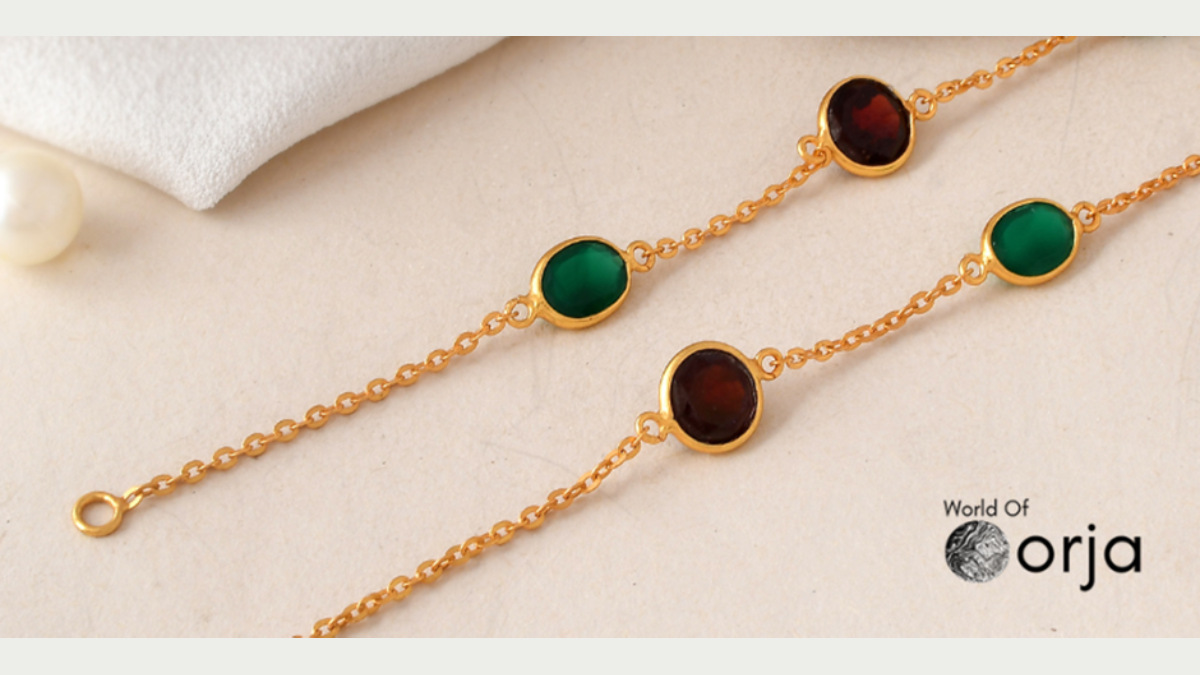Babies have an intuitive grasp of statistics
London, April 1 : Babies possess an intuitive grasp of statistics which resembles that of a scientist, say researchers.
In a research paper, published in the Proceedings of the National Academy of Sciences USA, University of British Columbia researchers say that infants can predict the likelihood of a future event. This is the first study to show that infants possess such a capability.
The researchers say that infants' ability to predict the likelihood of a future event without teaching or experience suggests that humans begin using probability to make predictions from a very young age.
They also say that the findings suggesting that an infant's statistical intuition resembles that of a scientist support the proposition that "children are scientists", made by some cognitive scientists.
"We know nothing about infants' logical abilities. Most researchers thought that there was nothing to study in this field, because of course probabilistic prediction was beyond infants' abilities," Nature magazine quoted psychologist Luca Bonatti of the University of Nantes in France, who was not involved in the study, as saying.
During the study, Fei Xu and Vashti Garcia of the University of British Columbia in Vancouver put a collection of red and white ping-pong balls in a box, and showed examples of boxes containing mostly red or mostly white balls to babies, to give them an idea of what the boxes might contain.
Then an adult brought out a new box, shook it up, and drew out five balls-four of one colour, and one of the other.
Thereafter, the researchers opened a panel to show the babies the content of the box from which the balls were drawn, and recorded how long the infants gazed at its contents.
According to researchers, babies stare at unexpected events longer than expected outcomes.
They said that if the adult drew mostly red balls from a box that was revealed to contain mostly white balls, for example, the infants stared at it for roughly two seconds longer than if the box and the withdrawn sample were both of mostly the same colour.
"Given limited available evidence, they can infer how the whole population should look," says Bonatti.
The babies were not simply confused by a colour mismatch between any two sets of balls. If adults drew five ping-pong balls out of their pocket, and showed babies that the sample did not match a box of balls, the babies were unsurprised.
The researchers say that this observation makes sense, given that there is no reason to expect an adult's pocket to contain the same mix of colours as the box.
Bonatti says Xu and Garcia's work suggests that children may be able to build on past experience to help with their assessment of probabilistic events.
"We showed something about the ability to reason about future single events in the absence of experience. They showed something about the ability to reason about classes in the presence of the experience about these classes," he says.
Bonatti says that it still remains to be seen how these reasoning abilities develop from infancy to adulthood: sometimes culminating in not-very-rational adults.
"We, and Xu and Garcia, show that at the origin of human cognition, humans seem to be far more rational than what the literature about adult reasoning seems to suggest. How come we start so well and we end up so poorly? A whole new set of investigations can be opened now," he says.
ANI


 Click it and Unblock the Notifications
Click it and Unblock the Notifications




